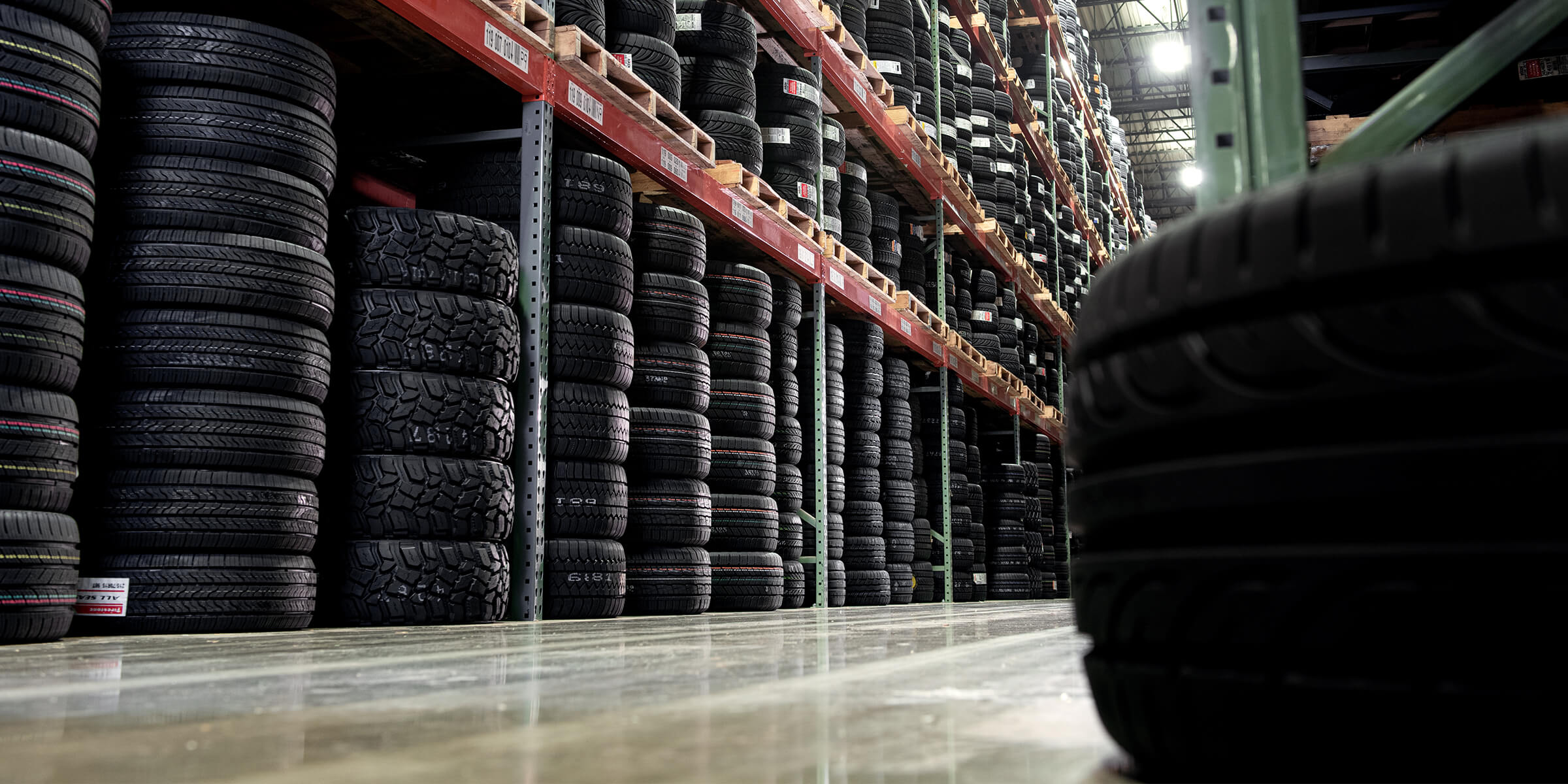Discover Exclusive Mopar Tire Service Specials in Morris Today
Discover Exclusive Mopar Tire Service Specials in Morris Today
Blog Article
Tire Solution: Recognizing Tire Pressure Tracking Systems
Understanding Tire Stress Tracking Systems (TPMS) is an important aspect of keeping optimum vehicle performance and safety and security on the roadway. With advancements in automotive technology, TPMS has ended up being a typical function in modern vehicles, offering real-time details on tire pressure levels.

Value of TPMS
The significance of Tire Pressure Tracking Systems (TPMS) lies in their ability to boost car security and efficiency with real-time monitoring of tire pressure degrees. Keeping the correct tire stress is critical for making sure optimum handling, braking, and overall security of an automobile. TPMS offers drivers with immediate feedback on any type of overinflated or underinflated tires, permitting timely modifications to be made.
Parts of TPMS
Sensing units are commonly located in the tire valve stem or connected to the wheel setting up, where they gauge tire stress and transfer information to the control component. Some progressed TPMS versions additionally present the actual tire stress analyses for each tire, supplying vehicle drivers with real-time details to make certain optimal tire performance and safety. By monitoring tire pressure continually, TPMS assists protect against crashes, minimizes tire wear, and enhances fuel effectiveness, making it an important element for automobile security and performance. tire shop morris.
Kinds Of TPMS

On the other hand, indirect TPMS counts on the vehicle's wheel rate sensors to monitor tire stress. This system discovers underinflation by comparing the rotational rates of the wheels. Indirect TPMS is less pricey than direct TPMS, as it uses existing sensing units within the car.
While straight TPMS provides a lot more accurate readings, indirect TPMS is easier in design and commonly requires much less upkeep. Both systems have their limitations and benefits, and the option between them usually depends on elements such as cost, vehicle make, and individual preference. Recognizing the differences between these two kinds of TPMS can assist automobile owners make educated choices relating to tire upkeep and safety and security.
TPMS Maintenance Tips
Conduct routine checks on the tire stress levels and contrast them with the TPMS readings to guarantee they are constant. Throughout tire rotation or substitute, make sure that the TPMS elements are dealt with carefully to protect against any type of possible damages. If the TPMS alerting light brightens on the dashboard, resolve the issue immediately by checking the tire pressures and the overall system for any type of faults.
Advantages of Appropriate Tire Pressure
Preserving correct tire pressure, as highlighted in TPMS Upkeep Tips, is essential for gaining the many benefits connected with optimum tire pressure degrees. One of the main advantages of preserving the proper tire stress is improved fuel performance. When tires are properly blown up, there is less rolling resistance, leading to far better fuel economy. In addition, proper tire pressure guarantees even tire wear, expanding the life-span of the tires and promoting much safer driving conditions. With the best tire stress, cars additionally have much better handling and grip, especially in Read Full Report negative weather. This can improve general driving efficiency and safety for the chauffeur and travelers. Additionally, maintaining optimal tire stress can add to a smoother and extra comfortable trip by lowering vibrations and noise triggered by underinflated tires. To conclude, the advantages of correct tire pressure surpass just tire long life; they include enhanced fuel effectiveness, enhanced security, much better automobile efficiency, and total driving convenience.
Conclusion
To conclude, here recognizing tire pressure tracking systems (TPMS) is essential for maintaining ideal tire stress and making certain vehicle safety. By acknowledging the importance of TPMS, knowing with its components, knowing the various types available, sticking to proper upkeep ideas, and recognizing the advantages of keeping appropriate tire pressure, drivers can improve their driving experience and prolong the life expectancy of their tires. Proper tire pressure is key to efficient and secure vehicle operation.

Report this page